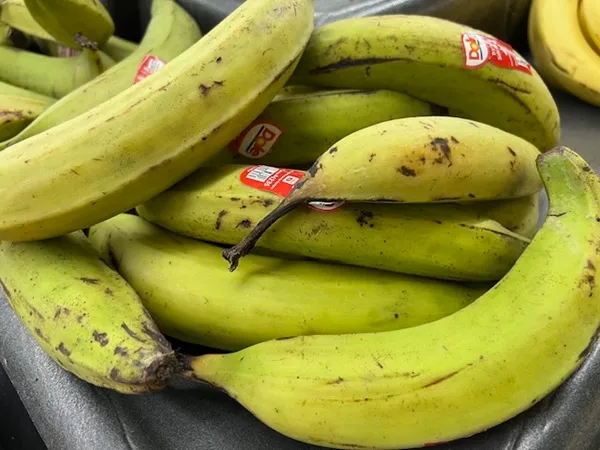
Turnips
Turnips are a dual-purpose crop, offering nutritious roots and greens with minimal cultivation demands. From the peppery Hakurei in Asian stir-fries to the hearty purple-top in European stews, their global culinary footprint is vast.
Vegetables are an essential part of a healthy diet, providing a wide range of nutrients and health benefits. From the familiar to the exotic, the world of vegetables is incredibly diverse and offers endless culinary possibilities.

Turnips are a dual-purpose crop, offering nutritious roots and greens with minimal cultivation demands. From the peppery Hakurei in Asian stir-fries to the hearty purple-top in European stews, their global culinary footprint is vast.

Asparagus combines culinary versatility with robust health benefits. From the delicate white spears of Europe to Peru’s export-driven green crops, its global footprint underscores its agricultural and gastronomic significance.

Jackfruit’s unmatched versatility—from nourishing millions in Asia to fueling Western vegan trends—cements its status as a sustainable superfood. Kerala’s entrepreneurial spirit and India’s booming production highlight its economic promise.

Food Pulse isn’t just an app—it’s a movement toward a world where curiosity replaces hesitation in the produce aisle. By equipping individuals with knowledge and schools with tools to nurture informed eaters.

Tropical and Asian vegetables, greens, and herbs are not only culinary staples but also natural remedies deeply rooted in traditional medicine. From blood-sugar-regulating bitter melon to anti-inflammatory turmeric, these plants nourish bodies and sustain communities.

Kabocha’s sweet flavor, nutritional density, and adaptability make it a superstar in kitchens worldwide. Whether roasted, steamed, or blended into a latte, this squash offers a delicious way to boost health and creativity.

Saving money on fresh produce while maintaining a healthy diet is achievable by sourcing from discounted suppliers, buying in bulk, and efficiently processing and storing food. Here’s a step-by-step guide to help you find affordable fresh food, preserve it properly, and maximize its use in meals.

In Portland, several grocery liquidators and discount stores sell surplus or near-expiry produce at significantly reduced prices. These stores operate outside traditional retail channels, offering discounts of 25% to 75% on perishable and non-perishable food items.

Pumpkins are a cornerstone of autumn traditions and global agriculture, offering versatility in the kitchen and resilience in the field. From the iconic Jack-o’-Lantern to nutrient-rich soups and pies, their appeal spans cultures and cuisines.

Butternut squash is a large and pear-shaped fruit with a golden-brown to yellow skin. Because it contains seeds, it is actually a fruit rather than a vegetable. The flesh is soft and sweet. It can be roasted, pureed, mashed or used in soups or casseroles. It’s a good source of beta-carotene.

Plantains bridge nutrition, culture, and agriculture. From hearty West African stews to Sauteed spicy Indian dishes to sweet Latin American desserts, they nourish millions while bolstering rural economies.

A farmer’s life is shaped by the rhythms of nature. Days begin before sunrise, with tasks ranging from planting and harvesting to caring for animals and repairing equipment. Seasonal demands—like rushing to harvest before a storm—test resilience and adaptability.

Cucumbers (Cucumis sativus) are a staple in kitchens worldwide, celebrated for their crisp texture, mild flavor, and hydrating properties. Belonging to the gourd family (Cucurbitaceae), cucumbers are not only a culinary favorite but also a nutritional powerhouse.

Chayote (Sechium edule), also known as vegetable pear, mirliton, or choko, is a green, wrinkled squash native to Mesoamerica. Belonging to the gourd family (Cucurbitaceae), it is celebrated for its mild flavor, versatility, and nutritional benefits.

Celery’s crisp texture, mild flavor, and nutritional benefits make it a versatile and essential ingredient in kitchens worldwide. From its role in classic dishes to its modern appeal in juices and plant-based diets, celery continues to be a staple of healthy eating.

Lemons and Limes: The Citrus Powerhouses, they belong to the Citrus genus and come in numerous varieties. Lemons and limes are indispensable in global cuisine and culture, celebrated for their vibrant flavor, nutritional benefits, and versatility.